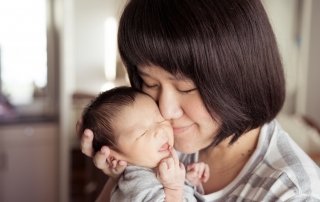Depression During Pregnancy Increases the Risk of Preterm Birth
Some, but not all, studies have indicated that depression during pregnancy increases the risk of preterm birth. A recent study published in the American Journal of Obstetrics and Gynecology is one of the largest to address this question.










